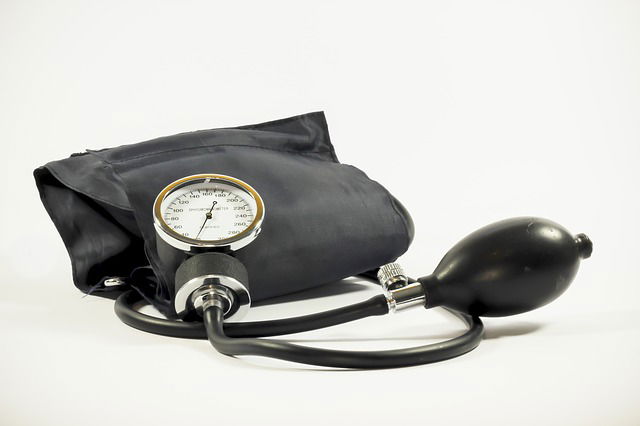
In a recent study, researchers at The University of Toledo found that by increasing the body’s supply of beta hydroxybutyrate could help regulate high blood pressure without reducing sodium intake or increasing exercise.
Beta hydroxybutyrate is a ketone body produced in the liver from the metabolism of fatty acids.
The team found that high salt consumption lowered levels of circulating beta hydroxybutyrate.
When they put beta hydroxybutyrate back in the system, normal blood pressure is restored.
This is an opportunity to control salt-sensitive hypertension without exercising.
It had not been previously explored as a method for controlling blood pressure, but the UT researchers noted a number of intriguing connections between how the body produces beta hydroxybutyrate and environmental factors known to raise or lower blood pressure.
Previous research showed that beta hydroxybutyrate has been observed increasing with exercise or calorie restriction.
Both of those activities also reduce blood pressure. The key piece of our discovery is we now know that beta hydroxybutyrate decreases with salt consumption.
This is a novel mechanism by which salt is tied to an increase in blood pressure.
To test its hypothesis, the team developed a study in which they fed lab rats a chemical called 1,3-butanediol.
When that supplement reaches the liver, enzymes convert it to beta hydroxybutyrate.
From there, it goes to the kidney where it was shown to reduce inflammation commonly associated with hypertension—and significantly decrease blood pressure in the process.
The team noted that controlling function of the liver to regulate blood pressure is a new concept for researchers.
UT has received a provisional patent on the concept.
The researchers next want to compare the level of beta hydroxybutyrate in hypertensive patients against those without high blood pressure.
Further studies also will determine how much 1,3-butanediol is needed to modulate blood pressure and whether it might cause any potential damage to other organs.
Once the team collects that data, the researchers hope to secure funding for a clinical trial.
While lowering blood pressure without hitting the gym might sound appealing to those averse to breaking a sweat, it also could prove beneficial to those who aren’t able to exercise.
Saroj Chakraborty is the paper’s lead author.
The study is published in Cell Reports.
Copyright © 2018 Knowridge Science Report. All rights reserved.
Source: Cell Reports.



